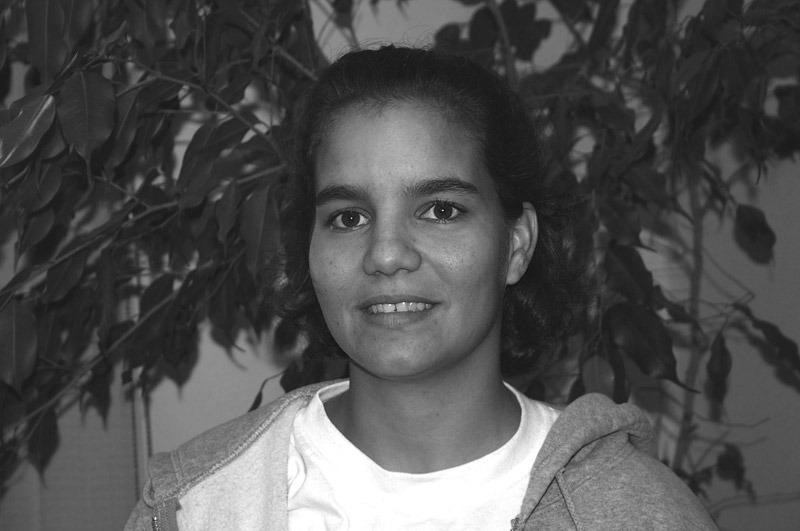Let’s talk mental health

holds a masters degree in Sociology.
By Holly Brodhagen
Recently I was asked my opinion about the Bell “Let’s Talk” day. My answer? A resounding, “wonderful”. Anything that supports the chance to share and educate about mental illness is a wonderful thing. It opens up dialogue and without many people knowing it they could be reaching out to someone who has a mental illness, who was once afraid to talk about it.
So I am willing to reach out to you as my readers and share with you something I feel no shame about. I have an anxiety disorder called Agoraphobia, diagnosed by a psychiatrist when I was younger.
Agoraphobia is an anxiety disorder where the person fears being unable to escape the environment they are in and may suffer a panic attack. Usually the person avoids these situations which include malls, movie theatres, cars, wide open places and in extreme cases the person can become housebound.
I have received treatment of many forms over a great many years a number of health care and mental health professionals. I used to be a silent sufferer who turned to medication as a way to hide it from friends and family. Then with the help of my mother and a wonderful doctor I was able to break that cycle. Now I feel no shame about my disorder but acceptance that it has helped to form me into the person I am today.
My own struggles with my disorder makes me support such an initiative as Let’s Talk day. Anything that can get people talking has the potential to unlock the silence surrounding mental disorders. I am open and honest about my disorder with friends, family and employers. I make them aware of how I handle my disorder and what they can do to assist me.
My openness about my disorder is also helping my children to grow up with an understanding that sometimes people are different and it is okay. As a parent, I feel proud that my children will share with others without having to make excuses or hide their mommy’s differences. I am raising little advocates.
When situations arise where people have problems with my disorder, it is an opportunity to educate them. In rare occasions where I have suffered prejudice because of my disorder, I feel it is a reflection against that person or persons, not a reflection of me.
So I say to you, let’s talk. Go sit in the lunchroom of your school or office and talk about mental illness and how it affects you. Let others hear what you think or feel. Give someone a chance to educate you. Without knowing it you might be opening up a safe space for someone to reach out to you about a mental illness. That person sitting at the next table who suffers in silence might be boosted by your words to feel safe and comfortable to share his or her story. Break the silence, open the doors and Let’s Talk.


